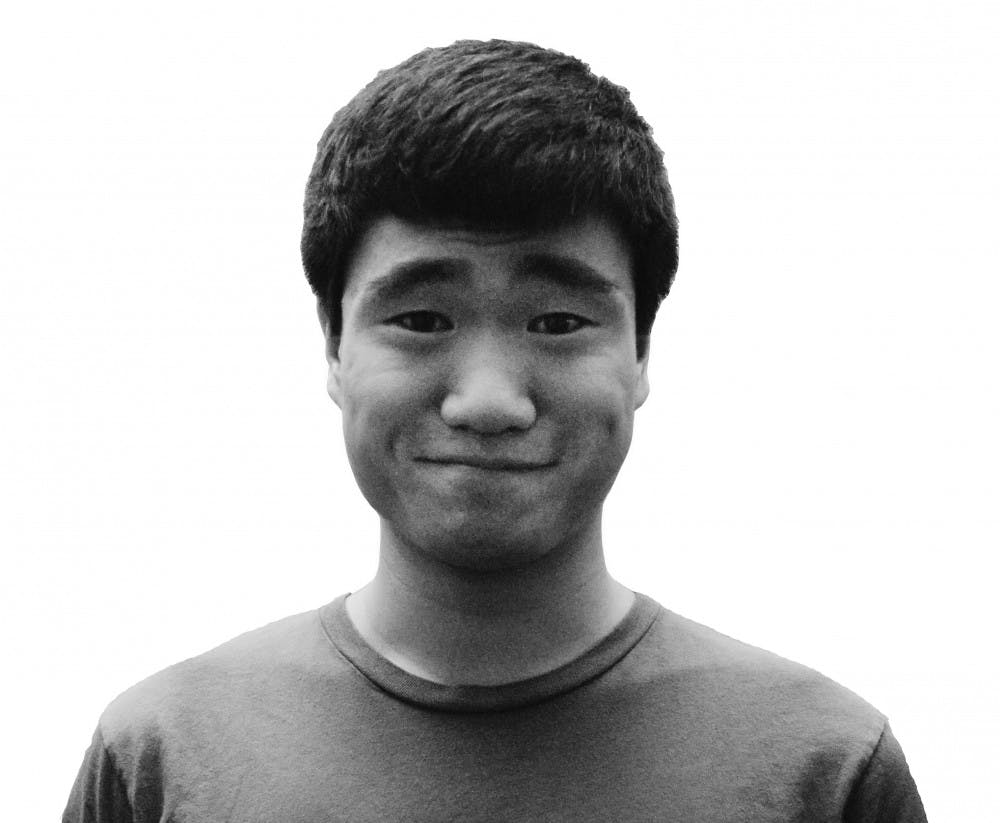Sophocles once said, “I would prefer even to fail with honor than to win by cheating” — but then again, Sophocles didn’t go to Harvard.
A recent survey released by The Harvard Crimson, profiling the incoming freshman class of 2017, found that about 42 percent of incoming freshmen have admitted to cheating on a homework assignment. Ten percent of them admitted to cheating on a test in the past. The accuracy of the survey is questionable because of non-response bias, where the answers of respondents differ from the potential answers of non-respondents, and response bias, where respondents give the questioners the answer they think the questioner wants to hear. But the statistics were still shocking.
While it may be fun to occasionally joke about Harvard and its controversies, as students from a fellow Ivy League institution, we should also be concerned that these statistics are not just unique to Harvard students but also part of a larger pandemic affecting peer institutions like Princeton as well. Both Princeton and Harvard are made up of students from similarly competitive high school backgrounds. It’s not farfetched to imagine that if The Daily Princetonian sent out a similar survey to this new incoming class, it could potentially get similar results.
In a new technology-filled age, cheating has seemed to become more and more commonplace. This is not the first time that a correlation between technology and cheating has been espoused. In fact,studies have shown two trends in recent years: 1) cheating has dramatically increased due to it becoming easier with technology and more culturally accepted, and 2) high achievers are more likely to cheat.
Despite the evolving nature of cheating, schools like Princeton still seem to have antiquated approaches toward cheating. For example, article 2.4.7 of the Rules, Rights, Responsibilities handbook details plagiarism as “the use of an outside source without proper acknowledgement.” While the University has done a good job of detailing what it does and does not consider plagiarism in terms of written text, the definition becomes more ambiguous in other areas like computer coding, where antiquated concepts may not fit perfectly with modern day applications.
The University even admits that “[e]xpectations for citing the use of code in completing a computer programming assignment may vary from course to course,” signaling the difficulty in finding the fine line in light of sizable gray areas. With this in mind, it is easy to see how students may be tempted to take advantage of these undefined areas if they believe it can give them the extra push to succeed. Alternatively, it is also easy to see how students could unintentionally be cheating, unaware that they crossed into these gray areas.
The changing role of universities in society also influences the way we think about cheating. Princeton’s own charter from 1746 states that the purpose of the college would be “the Education of Youth in the Learned Languages and in the Liberal Arts and Sciences.” These words seem very similar to statements made by Harvard President Drew Faust, in light of a cheating controversy on campus last year, when she said “an emphasis on how important the act of learning and the substance of learning is in itself” would be the answer to discouraging cheating.
Unfortunately, in a poor economy and an international business environment, it seems that this view is no longer the norm. Students are now much more apt to see college as a stepping stone, a part of a longer path toward a career instead of being a separate source of personal enlightenment. They may see cheating as a morally wrong, yet acceptable, solution to the overwhelming pressures of trying to excel in a competitive world.

Now I’m not going to try to say that those who cheat are somehow justified. At the end of the day, cheating is still achieving a goal through unfair means. Still, I think it’s important for both students and administrators to acknowledge that in a changing world, the incentives and means to cheat have dramatically changed, and thus we should both work together to address this.
Princeton’s Honor Code is valuable in this respect, by serving as a constant reminder and signal on the student’s part to have academic integrity — on average finding 20-30 students guilty of academic violations per year. That being said, how many students have actually read the Rules, Rights, Responsibilities handbook from beginning to end? And if you found out your friend might have cheated, would you really report him/her knowing that a one-year suspension could be your friend’s punishment?
Maybe the Honor Code needs to be updated. For example, recently the University Honor Committee adopted a more lenient stance for taking extra time on tests. This could also be applied to other gray areas such as copying code or where the intentions of the student were not malicious.
Sophocles is right. Honor should definitely be highly valued. But Sophocles never went to an Ivy League school in the 21st century. Maybe if he did, he would have a little more sympathy for Harvard’s newest class.Benjamin Dinovelli is a sophomore from Mystic, Conn. He can be reached at bjd5@princeton.edu.









